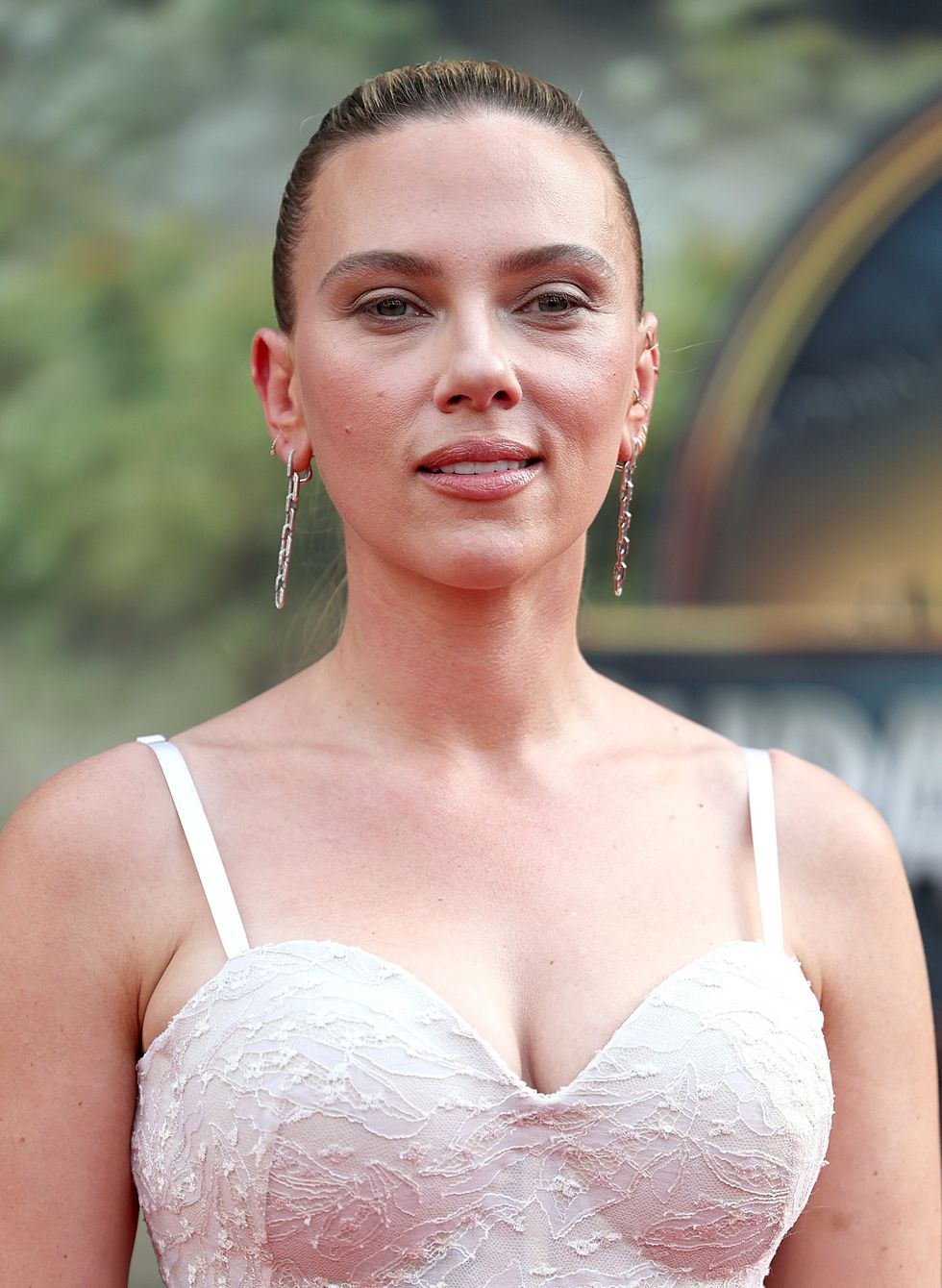REPUBLICAN US presidential candidate Donald Trump and Democratic vice president Kamala Harris will meet in their first and perhaps only debate on Tuesday (10), a clash that could prove pivotal in their pitched battle for the White House.
The ABC News-hosted debate at 9pm ET (0100 GMT on Wednesday (11)) takes place just eight weeks before the Nov. 5 election, with both candidates locked in a tight race that could still easily swing in either direction. Early voting will start in some states just days after the debate.
The encounter is particularly important for Harris, with opinion polls showing that more than a quarter of likely voters feel they do not yet know enough about her, in contrast to the well-known Trump.
The nationally televised debate also offers Harris, a former prosecutor, a chance to make her case against Trump, whose felony convictions, outspoken backing for supporters convicted of the Jan. 6, 2021, attack on the US Capitol and frequent falsehoods all offer plenty of fertile ground.
It will be the first time the two candidates have met and follows weeks of personal attacks on Harris by Trump and his allies that have included racist and sexist insults.
Kamala Harris waves as she boards Air Force Two departing Pittsburgh International Airport in Pittsburgh, Pennsylvania on September 2, 2024. (Photo by ANDREW CABALLERO-REYNOLDS/AFP via Getty Images)A similar outburst on stage could turn off undecided voters, according to John Geer, a professor at Vanderbilt University and an expert on presidential politics.
Trump's advisers and fellow Republicans have urged him to focus on Tuesday on illegal immigration and high prices, issues that play well with voters, and portraying Harris as too liberal for the country.
"There's no floor for him in terms of how low he will go, and we should be prepared for that," Harris said in a radio interview that aired on Monday (9).
Presidential debates do not always move the needle, but they can transform the dynamics of a race. President Joe Biden's faltering performance against Trump in June was so damaging that it eventually led him to abandon his campaign.
In a contest that could again come down to tens of thousands of votes in a handful of states, even a small shift in public opinion could alter the outcome. The two candidates are effectively tied in the seven battleground states likely to decide the election, according to polling averages compiled by the New York Times.
"There is more for Kamala Harris to gain and more for her to lose," said Mitchell McKinney, a former adviser to the US Commission on Presidential Debates, since she remains somewhat of an unknown for many voters.
Viewers will be looking for where she stands on various issues. But just as important, they will be looking to see how she handles herself against Trump.
Trump, by contrast, is already well defined. "You're either for him or against him" at this point, McKinney said.
The 90-minute debate will take place at the National Constitution Center in Philadelphia. As agreed by the campaigns, there will be no live audience and microphones will be muted when it is not a candidate's turn to speak.
Harris has been preparing in Pittsburgh since Thursday (5), holding mock sessions on a stage with lights to recreate the debate environment. Philippe Reines, a former Hillary Clinton aide, is playing Trump.
Tulsi Gabbard. (Photo by Emily Elconin/Getty Images)Rather than rehearsing, Trump has relied on informal chats with advisers, campaign appearances and media interviews to get set for Tuesday, with former Democratic congresswoman Tulsi Gabbard - who had a memorably hostile exchange with Harris in a Democratic presidential debate in 2019 - offering advice.
On a call with reporters, Gabbard said Trump would treat Harris just as any other opponent.
"President Trump respects women and doesn't feel the need to be patronizing or to speak to women in any other way than he would speak to a man," she said. "He is speaking to Kamala Harris's record, and comparing and contrasting that with his record of success."
While any personal crossfire will get plenty of attention, especially on social media, the two rivals are also likely to skirmish over several major issues.
A Harris campaign official said the vice president is expected to hammer Trump on abortion and describe him as unfit to lead. She is also expected to tout her plans to strengthen the middle class and lower costs for consumers.
Abortion has been a top issue for Harris and Democrats since 2022, when the U.S. Supreme Court - powered by three Trump appointees - eliminated a nationwide right to the procedure in a broadly unpopular decision.
In speeches, she has put responsibility for that ruling squarely on Trump's shoulders, calling various state restrictions "Trump abortion bans."
She has also sought to tie Trump to Project 2025, a conservative blueprint from the Heritage Foundation think tank that proposes expanding executive power, eliminating environmental regulations and making it illegal to ship abortion pills across state lines, among other right-wing goals.
Trump has offered shifting rhetoric on abortion while distancing himself from Project 2025, even though many of his former advisers were involved in drafting proposals.
For his part, Trump will tie Harris to the Biden administration's immigration policy, attacking them for record levels of migrant crossings before a recent spate of executive orders drove the numbers down dramatically.
He will also likely blame Harris for high consumer prices that have prompted many Americans to feel pessimistic about the economy despite strong job and wage growth.
He is expected to highlight Harris' past support - since disavowed - for left-wing stances such as banning fracking, portraying her either as a flip-flopper or an extreme liberal in disguise.
(Reuters)







 A compelling premise, layered and unpredictable charactersAMG
A compelling premise, layered and unpredictable charactersAMG Anyone who enjoys a gripping story with a diverse cast and unexpected twistsHarperFiction
Anyone who enjoys a gripping story with a diverse cast and unexpected twistsHarperFiction








 As WCL enters its second season, Sharma is scaling upwclegends.uk
As WCL enters its second season, Sharma is scaling upwclegends.uk


 Scarlett Johansson opens up about breaking free from early typecastingGetty Images
Scarlett Johansson opens up about breaking free from early typecastingGetty Images  Johansson reflects on her childhood stardom and evolving careerGetty Images
Johansson reflects on her childhood stardom and evolving careerGetty Images  From Avengers to auteur Scarlett Johansson embraces creative control Getty Images
From Avengers to auteur Scarlett Johansson embraces creative control Getty Images